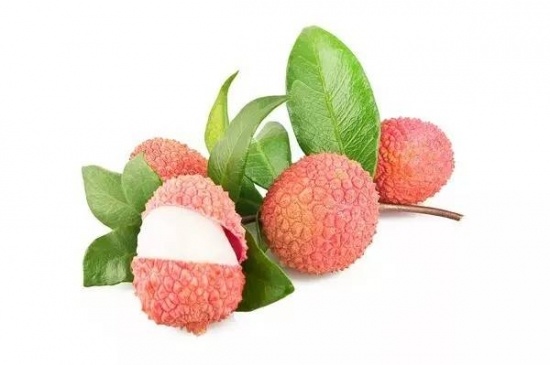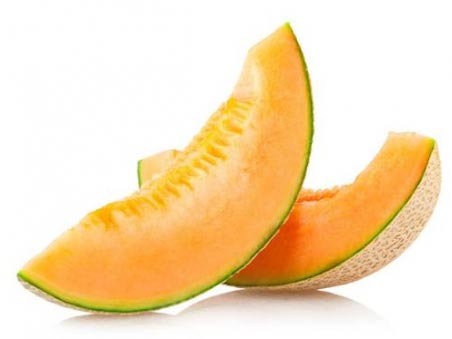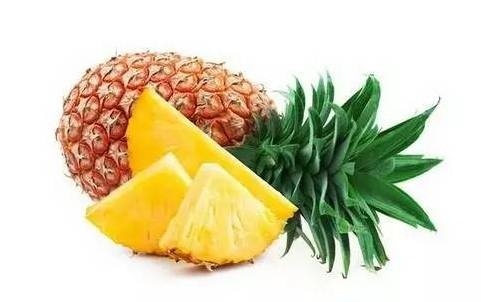undefined
It is said that it is better to eat fruit and salt in summer
Release time:
2017-11-13
It's time for litchi to come into market again. Think about whether the crystal clear flesh is salivating three feet, four feet, five feet... again? But litchi is "on fire". Are the partners who are easily on fire hesitant?


Dip in soy sauce! Add salt! These are all the proven formulas that are said to be able to fire litchi, but are they really effective?
The truth of "soaking salt water will not ignite"
Some fruits are warm and dry. As the saying goes, one litchi has three fires.
People often think that eating too much lychee will make their mouth dry and tongue dry, and even have the symptoms of "lychee disease" such as sweating, dizziness and coma. In fact, this is all related to the sugar content in lychee.
Litchi has a high sugar content, accounting for about 16%, and the sugar in litchi is easier to be absorbed by the human body than the sugar in other fruits, causing blood sugar to rise, and "burning up" such as dry mouth and dry tongue.
If you eat too much and your blood sugar rises significantly, it will also stimulate the reflex secretion of insulin in the body, rapidly reduce blood sugar, and cause the performance of "litchi disease" (essentially hypoglycemic reaction).
Drinking some salt water after eating litchi can reduce the human reaction caused by the sugar in litchi, play the role of slowly raising blood sugar, and achieve the so-called effect of reducing fire.
These fruits are sweeter with salt
For Hami melon, peach, pear and plum
These fruits are really sweeter and taste better after being soaked in salt water.

From a professional perspective, its mechanism is:
Soaking fruit in low concentration salt water will cause dehydration of fruit cells, reduce water content and naturally increase sweetness; Dehydration also increases the fragility of fruit and makes it taste more delicious. Salt water can also dissolve a small amount of organic acids in fruit, which will also increase the sweetness of fruit.
Generally speaking, fruit with a slightly hard texture can be eaten in this way; Soft fruits, such as bananas and grapes, may taste worse if soaked in salt water.
For pineapple

Commonly known as "pineapple disease" is caused by improper pineapple eating methods. It is manifested as headache, vomiting, abdominal pain, diarrhea, skin flushing, itching, numbness of limbs and tongue, even dyspnea, shock, etc. within 15 minutes to 1 hour after eating pineapple. This is because the pineapple enzyme contained in pineapple causes the body's allergic reaction.
Therefore, before eating pineapple, the peeled and pricked pineapple slices must be soaked in salt water for 30 minutes, which can destroy the protein of pineapple and make pineapple enzyme decomposition invalid, so as to avoid pineapple disease caused by direct consumption.
Although pineapple enzyme is damaged after soaking in salt water, which helps to avoid the disease, it is advisable not to eat pineapple if it will cause allergic reactions in the past.
Of course, some fruit allergies, such as mango allergy, can not be solved even if soaked in salt water. But most people are allergic to mango skin rather than mango flesh, so just be careful not to eat flesh close to the skin.
In particular, not all fruit containing papain can be eaten after salt water treatment, for example, papaya containing papain can be eaten directly.
Matters needing attention
Although the concentration of salt water used to soak fruits is very low, it is always not safe for people suffering from obesity, hypertension and diabetes. It is even more inappropriate to dip fruit in salt.
Related news

